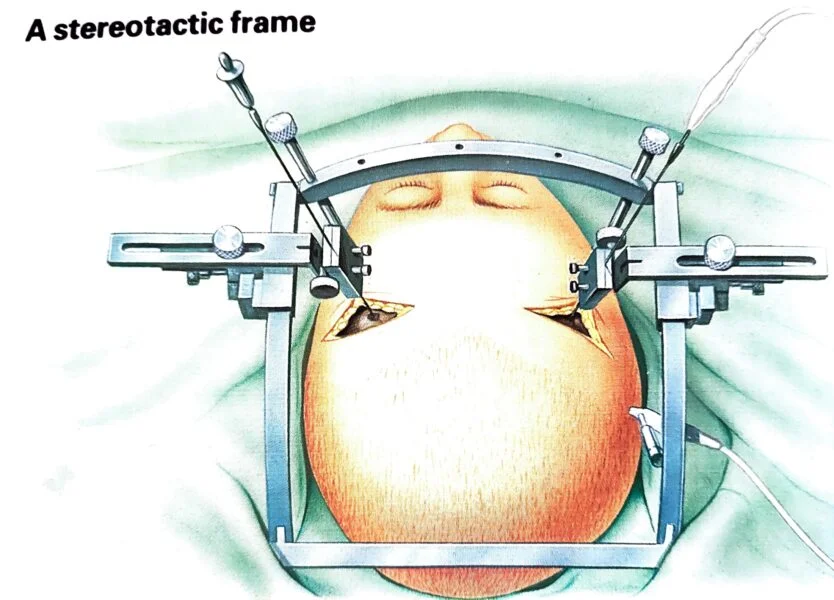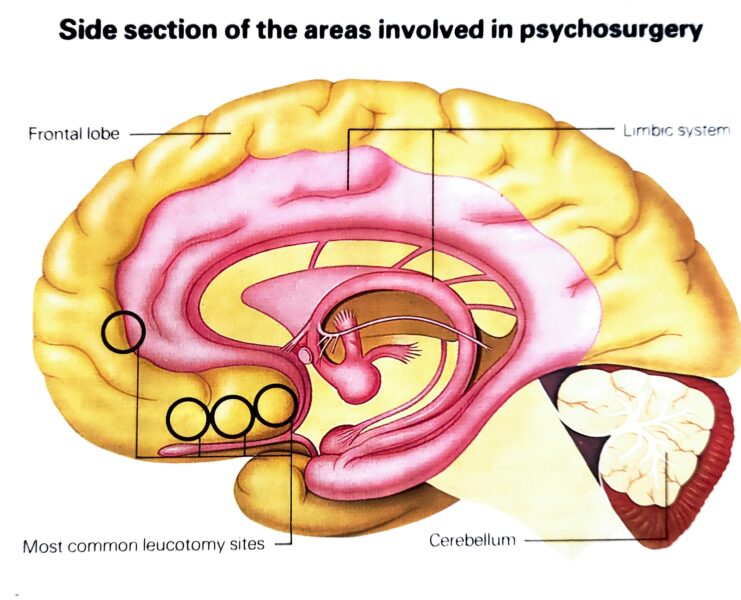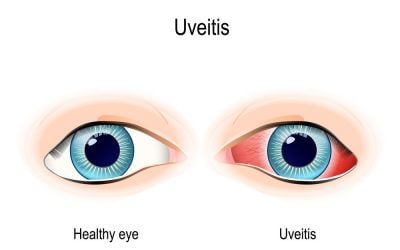Definition of Leucotomy.
Psychosurgery is probably a better word to use than the term leucotomy nowadays. Since modern operations are more restricted and sophisticated than the original crude ‘standard leucotomy’ which was used until the mid- 1950s.
All of them involve cutting or otherwise interrupting connections between the underside of the frontal lobes of the brain and the limbic system, part of the structures deep in the mid-brain.
Other, less commonly performed operations cut certain interconnections in the limbic system itself. Psychosurgical operations are not used to influence or direct people’s behavior: that could not be done surgically.
Even if it were not out of the question morally; they are performed to control mental distress which would otherwise seriously disable those suffering from it or put them at substantial risk of suicide.
Modern Psychosurgery of Leucotomy.
Types of technique are used: ‘freehand’ or conventional neurosurgery, in which the brain fibres are cut with a knife or cutting probe, and ‘stereotactic‘ surgery, in which wires are passed into the correct part of the brain under careful anatomical control.

Stereotactic surgery involves the use of a frame on the outside of the patient’s head, from which probes are passed at precisely the correct depth, according to measurements made previously from each patient’s X-ray investigations.
Once the correct area of the brain has been established, it may first be gently stimulated, since some neurosurgeons have found that if certain responses are obtained with stimulation of the target area, a greater effect will be produced on the patient’s condition by its subsequent destruction. The appropriate part of the brain, once it is localized, is destroyed by coagulation—achieved by an electric current or by freezing.
Another method, using a stereotactic technique, is to insert little rods containing small amounts of a substance called yttrium. This emits radiation for a short distance round it and so can be used to produce a predictable area of destruction to the nerve fibres in the appropriate place.
Those Who Can Be Helped from Leucotomy.
The personality of the patient being considered for surgery is carefully assessed, since those people with serious personality disorders are known to do badly after psychosurgery.
It is also unable to change someone’s personality predictably way and is now never attempted to remedy mental distress resulting from inadequate or otherwise disordered personalities. Selected patients, assessed by a team of psychiatrists and others, are usually suffering from severe depression, anxiety and obsessional neurosis.

In all operations, including these psychosurgical ones, the informed consent of the person to be operated on is always necessary. For ethical reasons, many neurosurgeons will not carry out the operation on a patient held in hospital compulsorily.
Although some will make an exception if the person concerned gives consent and the operation is considered to relieve intolerable symptoms.
Side-Effects.
With today’s restricted and sophisticated psychosurgical techniques, complications are rare. Some operations carry a risk of seizures and so anti-convulsant drugs are prescribed for a post-operative period.
In a minority of people (about one in ten), a personality change is seen, usually slight and consisting of a tendency to become more talkative, less inhibited or more outspoken. There is no effect on intelligence.
Outlook.
There is evidence that about half to three quarters of the people who receive psycho surgery improve to a considerable extent. This rate of success is remarkably good, considering the severity of the illnesses treated and the fact that all other treatment has been tried and failed.
The improvement in the condition of the person does not occur immediately but can take as much as a few months to become evident in its fullest extent. In some patients, the effects are not permanent and the illness relapses, so careful follow-up is necessary to be clear as to the final result.
All doctors dealing with psychosurgery in Britain agree that this treatment, which involves the deliberate destruction of small parts of the brain, even though they are small ones, should be considered a treatment of the very last resort. In this context of extremely serious illness, the results of the operations are frequently remarkable.
Frequently Asked Questions.
1. Are psychosurgical operations reversible?
The part of the brain destroyed in these operations does not recover, and although the brain is organized in such a way that the effects of the operation may seem to wear off, they should be considered as irreversible.
2. My brother suffers intensely from depression and has received treatment for this over the years. Do you think leucotomy can do something for him?
This depends very much on the details of your brother’s case. The doctors looking after him must weigh up carefully the severity of his illness against the only moderate chance that surgery will benefit him and the risks of side effects. If he has suicidal tendency his psychiatrist may refer him to another who specializes in assessing people for these operations.
3. Are leucotomies ever used to control mental illness in children?
No. This is a subject which raises strong emotions: in the past, in the USA, old-fashioned leucotomies were performed on children as young as six but this would not be considered ethically right today, even if the operation were effective in helping childhood mental problems.
4. Is leucotomy useful in controlling drug addiction?
Probably not. Various types of psychosurgical operations have been advocated for drug addiction in some countries, but the surgical approach does not seem to work with such problems and leucotomies are not used in Britain for them.
5. Are leucotomies used to treat people with sexual perversions?
No. The reasons why some people develop sexual perversions are not clearly understood and brain surgery has no reliable effect on such cases.
Bottom Line.
Leucotomy describes a range of very precise surgical operations, designed to cut or to interrupt connections between certain areas of the brain. A leucotomy is used to relieve the problems caused by mental illness that has not responded to any other treatment.
+2 Sources
Freaktofit has strict sourcing guidelines and relies on peer-reviewed studies, educational research institutes, and medical organizations. We avoid using tertiary references. You can learn more about how we ensure our content is accurate and up-to-date by reading our editorial policy.
- Stereotactic Brain Surgery : https://www.urmc.rochester.edu/neurosurgery/services/treatments/stereotactic-brain-surgery.aspx
- Yttrium : https://en.wikipedia.org/wiki/Yttrium

 Workout
Workout
 Meditation
Meditation


 Stories
Stories


 Podcast
Podcast E-book
E-book















